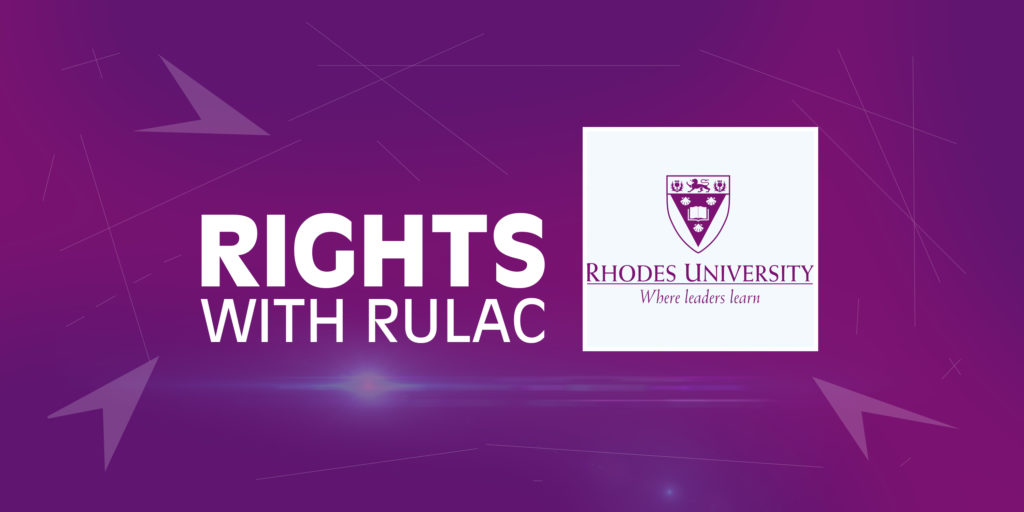By SIPHOKAZI MLINDAZWE, candidate attorney, Rhodes University Law Clinic
Required steps before debt enforcement
When a consumer has defaulted by failing to comply with the payment terms of a credit agreement, the credit provider must notify the consumer of the default in writing. This notification should advise the consumer to refer the matter to a debt counsellor, dispute resolution agent, a court, or an ombud. The purpose is to try to resolve the problem efficiently or formulate a plan to bring the arrear payments up to date.
The written notice of default must be delivered to the consumer, and the consumer is entitled to choose their preferred delivery method.
A credit provider may not approach a court before sending the consumer this written notification of default. The credit provider must wait for at least ten business days after sending the notice before taking further steps. The credit provider may take legal action if the consumer does not respond or act within ten days.
Debt procedures in court
A credit provider may enforce a credit agreement in court if:
- The consumer is in arrears;
- at the time of approaching the court, the consumer has been in default for at least 20 business days;
- at least ten business days have passed since the delivery of the notice.
- the consumer has not responded to the notice; or
- the consumer responded by rejecting the credit provider’s proposals; and
- the consumer has not surrendered the goods subject to the credit agreement
If a case has been referred to a Tribunal, debt counsellor, ombud, alternative dispute resolution agent or consumer court, or the credit agreement is subject to a debt review, then the court must adjourn the case.
Collection proceedings
a) Attachment and Sale of Goods
If a consumer gives written notice to terminate the credit agreement, the court may order that the goods be attached and sold to settle the account.
A credit provider may approach the court for an order to recover the outstanding balance where the proceeds of the sale of the goods are insufficient to settle the account. This applies specifically to an instalment agreement, a secured loan or a financial lease but does not apply to loans secured by a mortgage. In the case of a mortgage, the mortgagee (bank) will only be able to rely on the proceeds of the sale of the property to settle the outstanding balance, even if this is insufficient to cover the full amount owing.
b) Re-instatement of a Credit Agreement by Consumer
A consumer may reinstate a credit agreement that is in default at any point before cancellation. They may reinstate the agreement by paying all overdue amounts, including default charges and costs of enforcing the debt to date. The consumer may then reacquire possession of the attached property, provided that the goods have not already been sold in execution.
c) Surrender of Goods
Section 127 of the National Credit Act allows a consumer to surrender goods subject to a credit agreement at any time, regardless of whether the consumer is in default or not, to defray the amount owing under the agreement.
d) Interim Attachment Orders
A credit provider may ask the court for an “interim attachment order” pending cancellation of the credit agreement to protect the goods at risk from deterioration and damage. An interim attachment order allows the sheriff to attach the goods for safekeeping until the court action is finalised.
Prohibited collection practices
Many credit providers, typically micro-lenders, unlawfully withhold the consumer’s identity document, bank card or personal identification number (PIN) as security for the debt. Micro-lenders often withhold these documents to allow them to recover the amounts owed to them unlawfully by accessing the consumer’s bank accounts or payment facilities directly themselves. In terms of section 133 of the National Credit Act, a credit provider may not retain these items for the purposes of collection or debt enforcement.
Any credit provider who unlawfully withholds the abovementioned items is guilty of a criminal offence. The consumer should lay a charge with the police, and the police should be asked to assist the consumer in recovering the property to prevent any further loss to the consumer.



